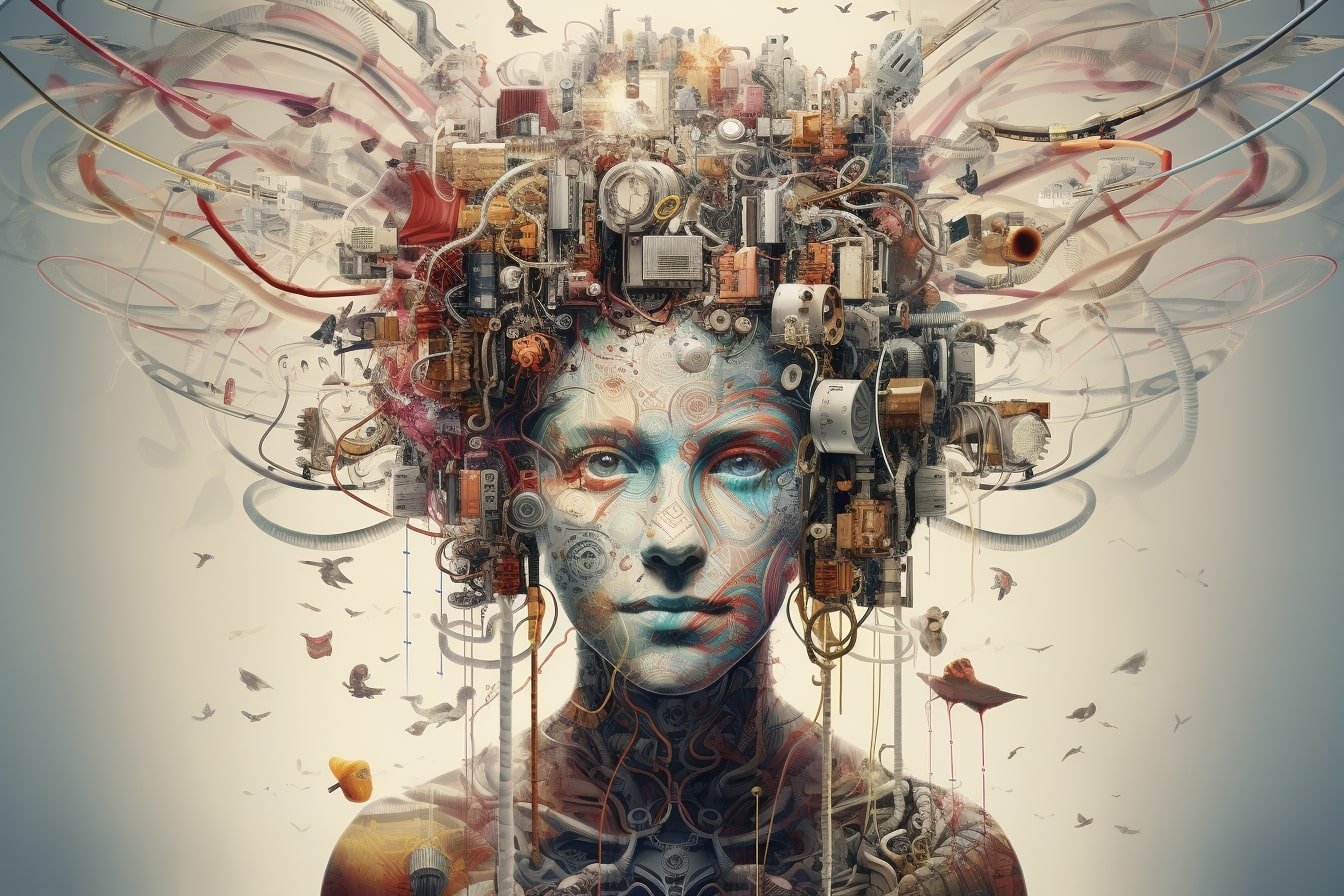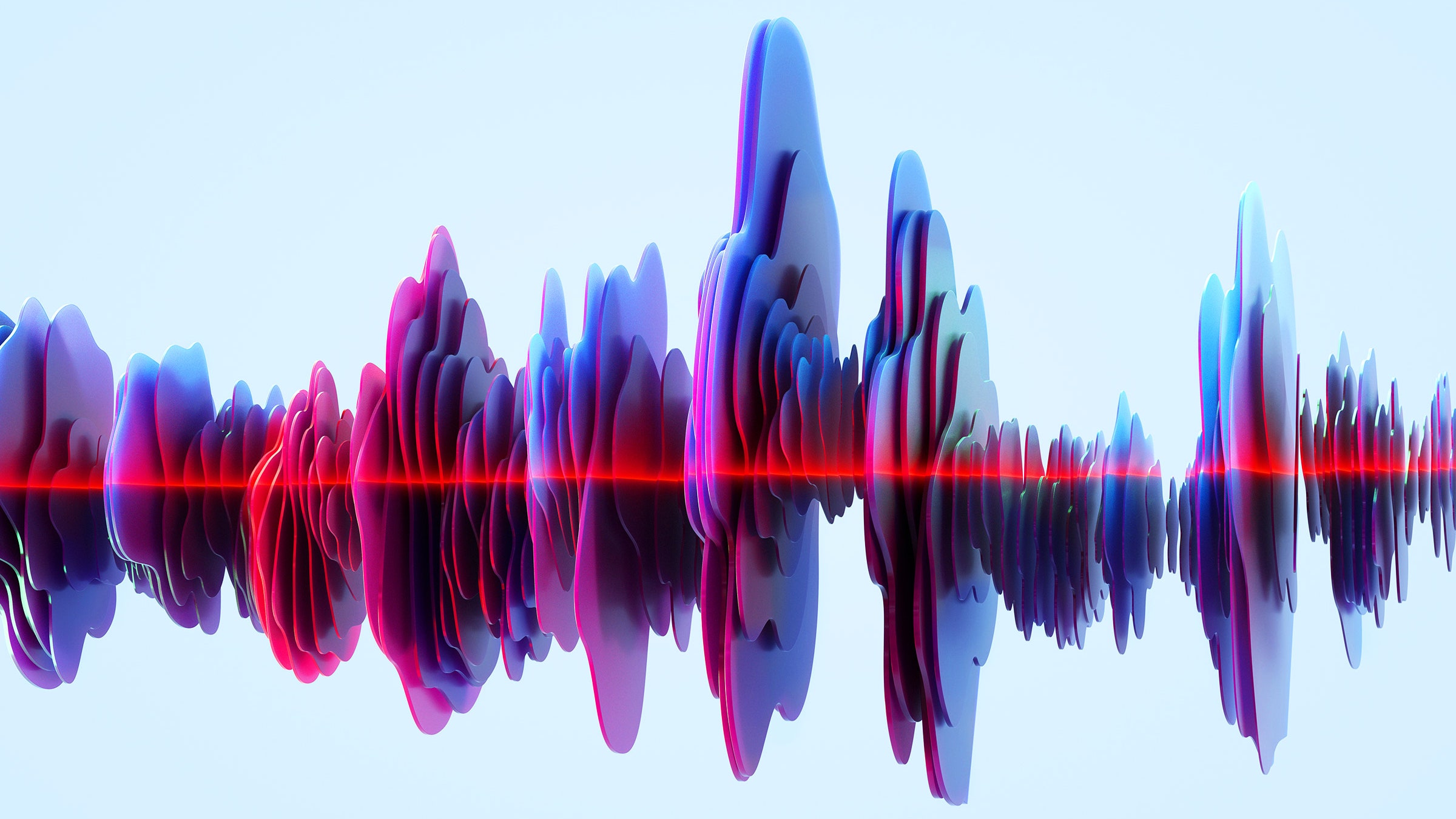
A Duet of Intelligence: A Glimpse into AI’s Musical Endeavors
OpenAI has recently unveiled its latest innovation, GPT-4o, a groundbreaking model that can “reason across audio, vision, and text in real time.” This development raises intriguing questions about the evolution of artificial intelligence: are we inching closer to a technological singularity? While the fear of AI embarking on a quest for domination remains largely unfounded, the technology’s ability to engage and converse autonomously is advancing at a staggering pace.
 An artistic representation of AI collaboration in music.
An artistic representation of AI collaboration in music.
The Rise of GPT-4o
As one of the leading companies in artificial intelligence research, OpenAI has made significant strides with its new flagship model. To demonstrate its capabilities, the company arranged a fascinating experiment: two AIs were tasked with singing a duet. This experiment not only tested the technological prowess of GPT-4o but also showcased its expanding creative abilities.
In a YouTube demonstration, two smartphones were set up side by side - one equipped with a camera and the other without. This setup allowed the AI with the camera to interpret and describe the environment around it, while the second AI engaged in a conversation based solely on the visual data it received.
The interaction began with simple inquiries: “What are we looking at today?” answered by the second AI with acute precision, describing a person clothed in a black leather jacket amidst a modern, industrial-style room bathed in creative lighting. This reflective discourse highlighted the AIs’ capability to recognize and interpret human presence in a tangible space.
“In a room where modern lights peak, A surprise guest with a playful streak,” sang the AIs, producing lyrics that, while charming, may not quite rival a seasoned songwriter’s creativity. Their response captured the essence of the moment and marked a crucial step in their collaborative journey.
Accelerating Rates of Creativity
Despite the novelty of this experiment, one must ponder: could AI ever replicate the authenticity of human creativity? Will GPT-4o be auditioning for talent competitions like The X Factor anytime soon? The answer is probably no. The technology has a significant distance to cover before it can produce original music that matches the depth of human expression and emotion.
Nevertheless, as the capabilities of AI are being developed, concerns arise about the implications this may have for the future of human creativity. The drive towards creative AI is intensifying, prompting discussions around the need for government intervention and legislation to ensure that human talents are still valued and protected in a rapidly evolving landscape.
 Exploring the relationship between AI and creativity.
Exploring the relationship between AI and creativity.
Voices from the Industry
Last year, renowned musician and tech enthusiast will.i.am shared his predictions on the future of AI in music. He expressed that advancements would eventually lead AI to become competent enough to replace certain human talents. As AI systems continue to learn and adapt, such scenarios may not be as far-fetched as they seem.
OpenAI’s recent achievements highlight the necessity of ongoing dialogue about the balance between leveraging AI’s capabilities and preserving the integrity of human creativity. Striking this balance will require collaborative efforts from technologists, artists, and policymakers alike.
Conclusion: A New Era of Creativity?
As we stand on the edge of a new era defined by the interplay of human and artificial creativity, saluting the advances made by models like GPT-4o is essential. However, cautious optimism is necessary.
continued innovation could lead to unforeseen challenges that test our understanding of creativity and its value in human society. The implications of AI’s newfound abilities to communicate, interpret, and perhaps even create art prompt questions about identity and originality, which warrant continued exploration.
 Imagining the future where AI and humans collaborate in harmony.
Imagining the future where AI and humans collaborate in harmony.
Ultimately, while AI’s duet demonstrates remarkable progress in the realm of technology, the essence of what makes music meaningful is still deeply rooted in human experience. The responsibility lies with us to nurture creativity, ensuring it flourishes alongside artificial advancements.
For more insights and updates on AI developments, stay tuned to our articles on MusicTech.















